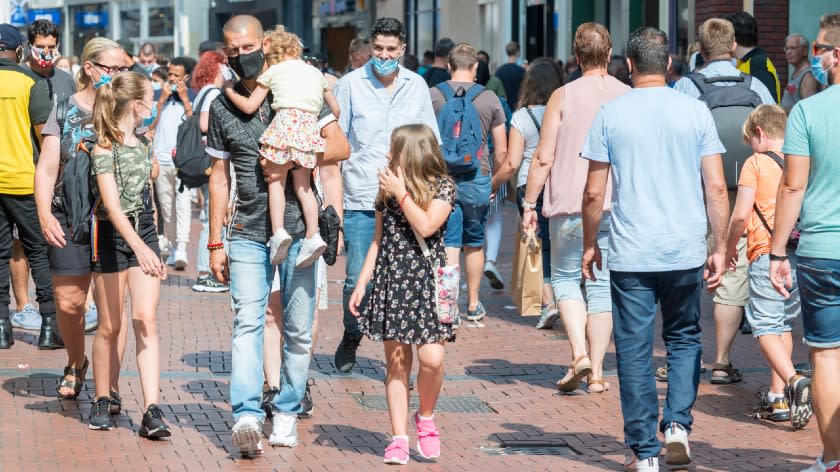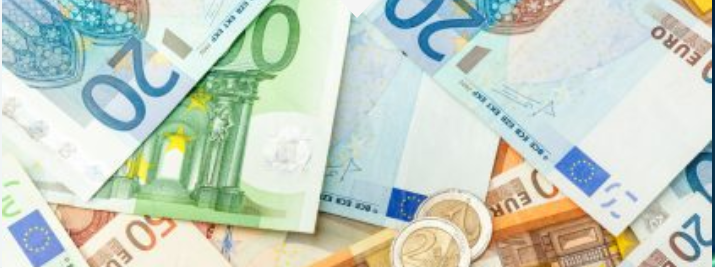ABN Amro har lavet en af de første analyser af den økonomiske virkning af pandemien. Den viser, at de laveste indkomstgrupper blev ramt hårdest og dermed også de unge og yngre med flex-job. 2,3 pct. af de beskæftigede havde et fald i indtjeningen på mindst 10 pct. Det omfatter næsten 200.000 i Holland. Reduktionen var på 870 euro om måneden, knap 6.500 kr. Det gennemsnitlige indtægtsfald for denne gruppe var på hele 40 pct. I Holland er kløften i de økonomiske forskelle mellem flexjob og job med fast løn vokset kraftigt under pandemien. Et interessant fænomen er, at de, der havde gæld, fik reduceret deres gæld under pandemien.
Increase in income deprivation among employees during pandemic in the Netherlands

The number of employees experiencing an income decline of at least 10% increased by 2.3 percentage points in the year since the pandemic started (i.e. March 2020 – February 2021 compared to the previous year). In absolute numbers, this amounts to 190,000 employees. The average setback was 40% of net income, or 870 Euros per month. This can be read in a report by Group Economics of ABN AMRO, based on anonymized bank account data from customers.
The pandemic has mostly affected those on low incomes, flexible employment contracts and therefore often young people
full report only available in Dutch:
The likelihood of a negative income shock during the pandemic increased particularly among the group of employed people with below-average incomes. Sandra Phlippen, chief economist at ABN AMRO: “We see that almost 200,000 employees suffered a bigger loss than in a non-pandemic year. And also that it affects precisely those with already low and precarious incomes prior to the corona crisis. “
“Workers with flexible contracts are overrepresented in the group that lost out. Particularly among temporary agency workers with a monthly net income of up to 1,800 euros, the probability of an income loss during the pandemic rose sharply. From an average probability of 24 percent before the pandemic to 40 percent during – an increase of no less than 16 percentage points, which is of course unprecedented.”
“The pandemic exacerbated existing problems in the Dutch labour market. We were already, among developed economies, the country with the most inequality in economic security, because the employment security gap between fixed and flex is so large. This gap widened further during the pandemic, as negative income shocks have fallen on the shoulders of the most vulnerable.
A stroke of luck here is that the restrictions have also led to forced lower spending by those in work who have lost out. The extra savings that people accumulated during the lockdowns also ensured that vulnerable groups had a cushion at their disposal during this time. In a subsequent crisis, this might not be the case,” stresses Sandra.
Being in the red is not the last resort
Three ways to cope with a drop in income are: drawing on savings, spending less, and going overdrawn. These three ‘coping mechanisms’ have all been studied. People with little savings reduced their spending almost immediately. Those with more savings cut back on spending less or later. It is striking, however, that the number of people who were in the red during the pandemic decreased, especially among those with modal and above-modal incomes. It is likely that lockdown restrictions and the associated decline in spending contributed to this.









